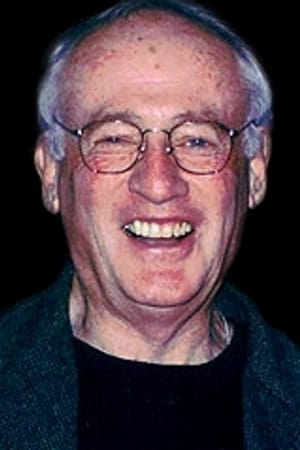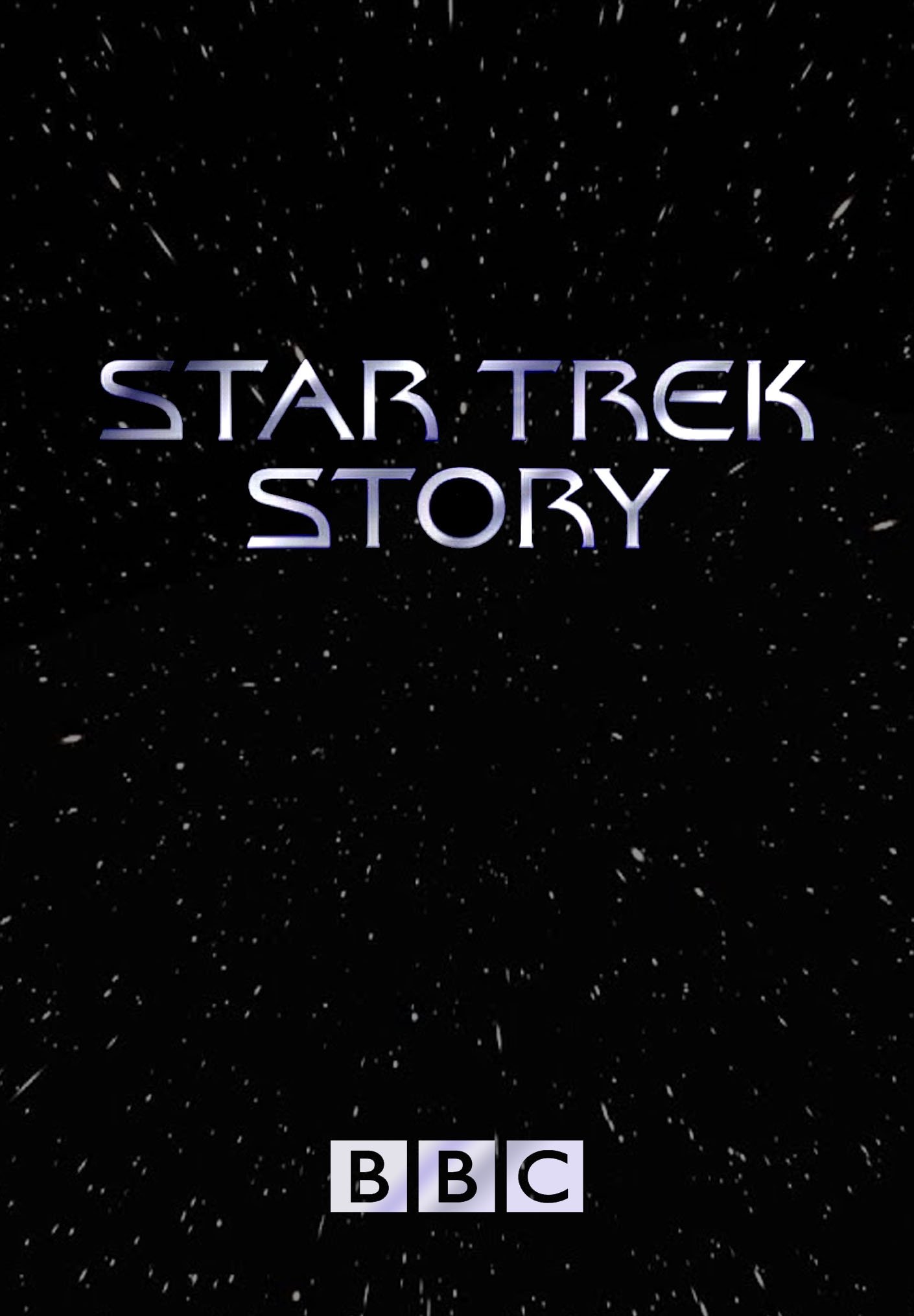

Gene Roddenberry's Utopian vision of humanity in the 24th century had a profound effect on American viewers. During the height of the Cold War, the tension of the civil rights movement and the jingoism of the Vietnam War, they saw a multicultural crew working together on the bridge of the Enterprise. Leonard Nimoy, Patrick Stewart, Nichelle Nicols, Brent Spiner and others reflect on Star Trek's cultural impact over its 30-year history, and contemplate its future on the small screen.
Herbert Franklin Solow (born December 14, 1930) is an American motion picture and television executive, screenwriter, motion picture and television producer, director and talent agent. Solow was born to a Jewish family in New York City. After his graduation from Dartmouth College in 1953, Solow was hired by the William Morris Agency in New York City to work in the mailroom. In 1954, he was promoted to talent agent. Later he was hired by NBC and transferred to Los Angeles in 1960 and was subsequently hired by CBS as Director of Daytime Programs, West Coast. He returned to NBC a year later as Director of Daytime Programs. In 1964, he joined Desilu Studios and was appointed Vice President of Production in 1964. Solow oversaw the development, sales, and production of Star Trek, Mission: Impossible, and Mannix. Solow joined MGM Television as vice president in charge of television production. There he oversaw the development and production of Medical Center, Then Came Bronson (produced by Robert H. Justman and Robert Sabaroff), and The Courtship of Eddie's Father. Later, Solow was appointed MGM's Vice President of Worldwide Television and Motion Picture Production, and headed MGM Studios in Culver City, California and Borehamwood, England. From Wikipedia, the free encyclopedia
By browsing this website, you accept our cookies policy.